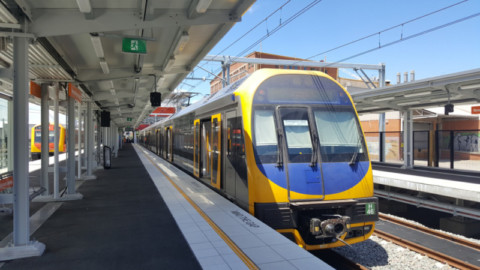The Federal Government has announced a number of reforms to the demand management scheme at Sydney Airport, aimed at improving the use of the airport while maintaining community protections.
The reforms follow an extensive consultation process and are expected to deliver better efficiency, competition and consumer outcomes.
No changes will be made to the existing curfew arrangements or movement caps at Sydney Airport.
To encourage competition, the Federal Government will update the demand management system so that it better aligns with modern international standards.
The Federal Government will significantly increase transparency about how slots are allocated. The reforms will require airlines to provide regular information on how they use slots, such as reasons for cancellations or major delays, and this monitoring information will be regularly published.
Independent audits of slot usage will be undertaken, with results published, aimed at better detecting and cracking down on anti-competitive behaviour. This is expected to help travellers have better information about airline performance.
The first audit will be carried out in 2024, meaning any misuse of slots will be uncovered and acted upon as soon as possible.
The government will modernise the compliance regime to include penalties that address anti‑competitive behaviours, along with updated and strengthened enforcement tools to watch airlines more closely and take effective legal action where necessary in an attempt to ensure slots are not misused.
The process that allocates aircraft slots to airlines at Sydney Airport will also be modernised to make the system more competitive and efficient. The Federal Government expects this will benefit new entrant airlines wanting to set up new services, crack down on slot misuse and create a more level playing field in slot allocation processes.
To improve connectivity for regional communities, regional New South Wales services will be able to apply to use any slot during new peak period hours (changing from 6–11am/3-8pm to 7–11am/5–8pm), not just the slots that are already set aside for priority access by regional New South Wales services.
The peak period is being changed to help free up currently unused slots during 6–7am and 3–5pm so that the airport can better operate in the way it was always intended to.
In addition, when allocating slots to airlines, the Slot Manager will be required to consider giving priority to regional New South Wales airlines asking for peak period slots (7–11am/5–8pm) among the other priorities for slot allocation.
Other reforms will also be introduced aimed at increasing the resilience of Sydney Airport and Australia’s entire aviation network by introducing a ‘recovery period’.
The strictly controlled recovery period will be implemented after severe weather events or other major disruptions, such as security issues, to temporarily allow up to 85 movements per hour for a maximum of two hours on the same day following the disruption.
In such cases, there will be no increase in the overall number of flights for the whole day as the scheduling cap of 80 flights per hour will stay in place. Only flights that are already scheduled to happen that day will be able to take off or land.
The recovery period will not extend into curfew hours and there will be mandatory publication of information about when and why the recovery period is used so that the community can be confident it is being used properly.
The change is not expected to increase noise impacts on communities, but rather it is hoped to allow more travellers to reach their destinations and spend the night at home rather than on a terminal floor or in a hotel room.
The package of reforms is expected to benefit the flying public and include strong protections for communities affected by aircraft noise and those in regional areas.
The Federal Government will be consulting with community and industry organisations on the best way to implement the reforms ahead of bringing forward legislation to Parliament.

















